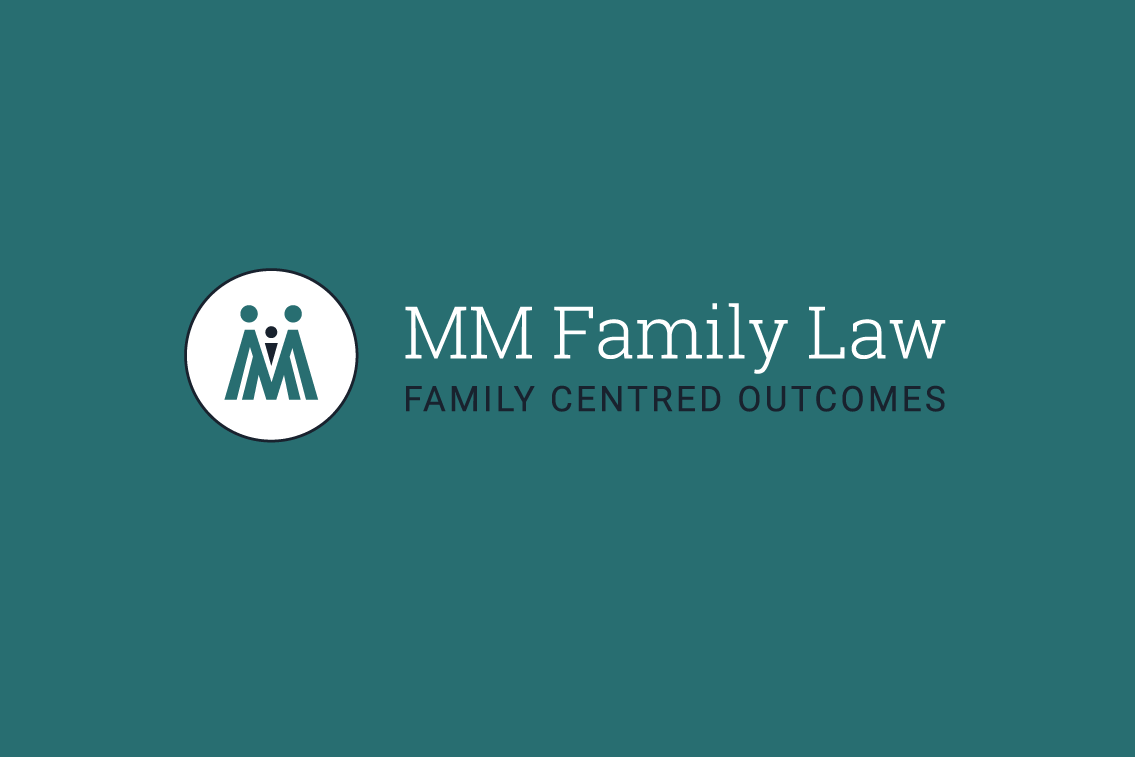The first thing you will notice when you make an appointment with one of our family law solicitors is that you will be greeted in a friendly and accommodating manner. Caroline or Lynda, our support staff (who are the kindest and most efficient in the country) will always endeavour to give you an appointment that suits you – maybe you need an appointment after 10am and before 3 pm to accommodate dropping and collecting children from school, or perhaps you need an appointment during lunch time because of your work. If the matter is urgent, for instance, a domestic violence matter, then they will ensure you see a solicitor immediately. Whatever your time requirements are we will endeavour to facilitate you. Our main office for Family Law is in Castletroy, Limerick but we also have a general practice office in Dooradoyle and can meet you there if this is more convenient.
Our office is located on the Dublin Road in Castletroy, Limerick (across the road from the Hurlers Bar) and very close to the University of Limerick and the National Technological Park. Our offices are very discreet. There is ample car parking and because the entrance to the office is located to the rear of the building your privacy is ensured.
Once inside, you will be greeted by one of the team and offered tea or coffee. The surroundings and ambiance in the office is designed to make you feel comfortable and at ease. You will never be rushed when you sit down with the solicitor. We appreciate that it can be very difficult to speak to someone (sometimes for the first time) about what is going on in your relationship or life. We are non-judgmental and will always endeavour to be supportive and honest in our advice.
In general, your solicitor will start off by asking some basic questions such as:
- Full name, address, date of birth, date of marriage if applicable;
- Name of spouse and children and their dates of birth;
- Are there any special requirements in the family such as a child with disability, a spouse with addiction, violence, financial concerns;
- Location of marriage;
- Where the spouses are working – have they pensions;
- A brief history of the relationship;
- When did the relationship breakdown?
- What is the financial position?
Your solicitor will then identify the issues they believe will be pertinent to your particular case – for instance:
- Maybe a protection order or other domestic violence order needs to be obtained urgently;
- Division of assets including properties, pensions and businesses;
- Maintenance for the spouse and children;
- Maybe one spouse believes the other is dissipating assets (spending money recklessly or unwisely) and they need a court order to freeze the assets
Your solicitor will then explain how the legal process works. They will explain how long the process is likely to take and the costs of the same. In many cases payment by instalment can be facilitated.
Your solicitor will then write to you a few days later setting out their understanding of the case, explaining the process comprehensively and seeking further information. The first consultation in particular can be very difficult and sometimes clients will come in again a week or two later to discuss matters in more detail, once they have thought about the issues raised in the first consultation.
How you can help get your solicitor to obtain the best outcome for you:
- Provide the solicitor with a history of your relationship. This might include things such as when you met, first signs of things not being right between your both, any incidents of note, if you had to attend the doctor due to depression (as a result of difficulties in the marriage or abuse), if you had to attend the garda station or Adapt House/Ascend or other domestic violent organisation. How the children are coping – are they being abused? Are you being abused? Abuse can be physical, mental, sexual, financial or controlling. Did both parties work during the marriage? Did one or other give significant amounts of money towards the acquisition of property.
- Bring in your marriage certificate.
- Compile a list of your assets (are the bank accounts in your name or held jointly). What about the mortgage? Are the properties held in your name or jointly? Is there a farm or business? Was it inherited or purchased before or after the marriage?
- Compile a list of your liabilities – how much is owed on the mortgage? Are there credit cards, loans, car loans, college loans?
- If you have pension statements bring them in.
- If there are medical issues bring in the name of their GP or any medical reports you may have.

